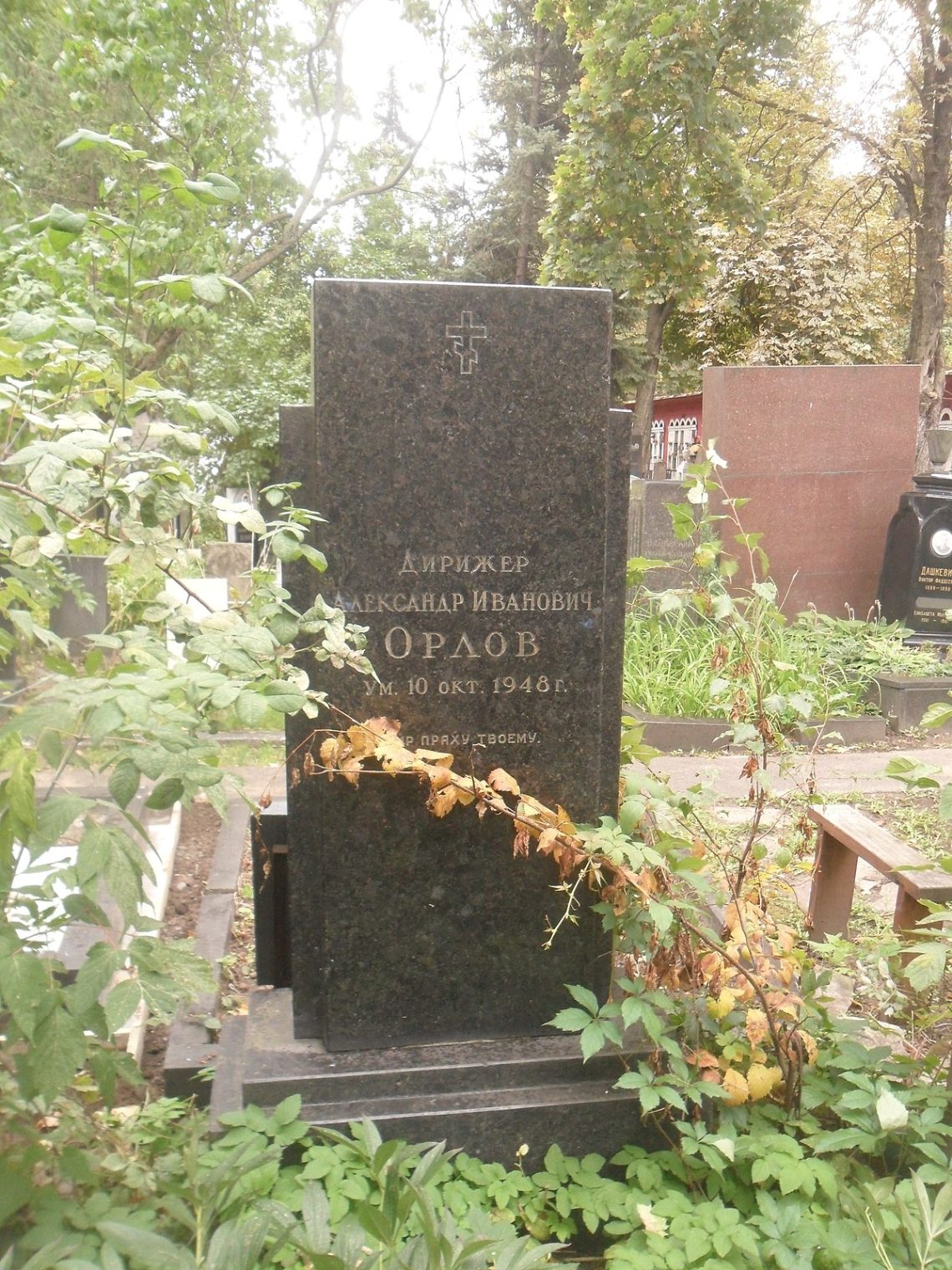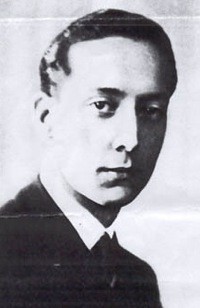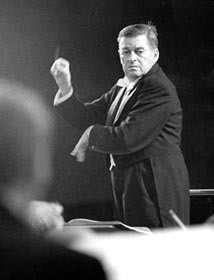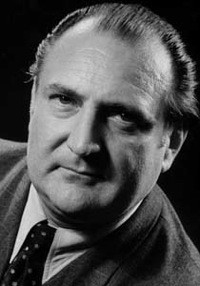
Alexander Ivanovich Orlov (Alexander Orlov).
Alexander Orlov
People’s Artist of the RSFSR (1945). A half-century journey in art… It is difficult to name a composer whose works would not be included in the repertoire of this conductor. With the same professional freedom, he stood at the console both on the opera stage and in the concert hall. In the 30s and 40s, the name of Alexander Ivanovich Orlov could be heard almost daily in the programs of the All-Union Radio.
Orlov arrived in Moscow, having already gone a long way as a professional musician. He began his career as a conductor in 1902 as a graduate of the St. Petersburg Conservatory in the violin class of Krasnokutsky and in the theory class of A. Lyadov and N. Solovyov. After four years of work in the Kuban Military Symphony Orchestra, Orlov went to Berlin, where he improved under the guidance of P. Yuon, and upon returning to his homeland he also worked as a symphony conductor (Odessa, Yalta, Rostov-on-Don, Kyiv, Kislovodsk, etc.) and as a theatrical one (M. Maksakov’s opera company, S. Zimin’s opera, etc.). Later (1912-1917) he was a permanent conductor of S. Koussevitzky’s orchestra.
A new page in the conductor’s biography is connected with the Moscow City Council Opera House, where he worked in the first years of the revolution. Orlov made a valuable contribution to the cultural construction of the young Soviet country; his educational work in the Red Army units was also important.
In Kyiv (1925-1929) Orlov combined his artistic activities as the chief conductor of the Kyiv Opera with teaching as a professor at the conservatory (among his students – N. Rakhlin). Finally, from 1930 until the last days of his life, Orlov was the conductor of the All-Union Radio Committee. Radio teams led by Orlov staged such operas as Beethoven’s Fidelio, Wagner’s Rienzi, Taneyev’s Oresteia, Nicolai’s The Merry Wives of Windsor, Lysenko’s Taras Bulba, Wolf-Ferrari’s Madonna’s Necklace and others. For the first time, under his direction, Beethoven’s Ninth Symphony and Berlioz’s Romeo and Julia Symphony were played on our radio.
Orlov was an excellent ensemble player. All the leading Soviet performers willingly performed with him. D. Oistrakh recalls: “The point is not only that, performing in a concert, when A. I. Orlov was at the conductor’s stand, I could always play freely, that is, I could be sure that Orlov would always quickly understand my creative intention. In working with Orlov, a good creative, optimistic in spirit atmosphere was invariably created, which lifted the performers. This side, this feature in his work should be considered the most important.
An experienced master with a broad creative outlook, Orlov was a thoughtful and patient teacher of orchestral musicians, who always believed in his fine artistic taste and high artistic culture.
Lit.: A. Tishchenko. A. I. Orlov. “SM”, 1941, No. 5; V. Kochetov. A. I. Orlov. “SM”, 1948, No. 10.
L. Grigoriev, J. Platek





